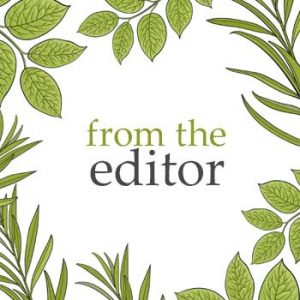
More evidence that low-calorie sweeteners are bad for your health
Studies show that artificial sweeteners can raise the risk of hypertension, metabolic syndrome, type 2 diabetes and heart disease, including stroke.

We all like to think that the decisions we make – and those that are made for us – are based on good information, on evidence, on facts.
But for anybody who believes in evidence-based medicine this has been a pretty frustrating week.
Quietly, and without consultation with relevant bodies, the MHRA (Medicines and Healthcare products Regulatory Agency) banned the use of echinacea in children under 12. A vague press release talked about ‘risk’ of allergic reactions.
Although it contained no data to quantify that risk and no transparency regarding how the decision was made, most newspapers dutifully reprinted it in full without question or criticism.
Richard Woodfield, the head of the MHRA’s herbal policy group, qualified this bizarre decision in this way: “This is not a serious safety issue, but parents and carers need to be aware that children under 12 could have a low risk of developing allergic reactions”.
So it’s not serious and the risk is low. Is this the basis on which we ban things now? Why not simply require manufacturers to alert users that this product contains extract from the Compositae family so parents an use their best judgement, based on the facts?
We go from the ridiculous to the downright disgraceful when we consider that the Department of Health-funded Clean Your Hands campaign (2005-2010), which it was recently estimated saved 10,000 lives and halved the MRSA rate, is no longer funded by the government.
Global data shows that handwashing is the single most effective way to cut the rate of hospital acquired infection – which, incidentally, costs us around £1 billion each year to fight.
So why, in a country so apparently concerned with its citizens’ health, wasn’t this campaign made an ongoing priority? Does this evidence simply not matter?
In a similar vein, this week we published a news review on the homoeopathic treatment of cancer. One centre, in Kolkata, India, reports intriguing success with a particular regime. When the evidence shows benefit, the usual response is to put more funding into quality research. So why isn’t this happening?
There is some good news though. A month ago we brought you a startling infographic, based on UK data, which showed the safety of herbs and supplements in comparison to other activities. This week the companion chart, based on EU -wide data, has been released.
The evidence says herbs and vitamin supplements are super-safe. You’re more likely to die in a train crash (or from a stay in hospital) than you are from taking a natural remedy. That evidence, at least, is one thing, you can have confidence in.
Pat Thomas, Editor

Please subscribe me to your newsletter mailing list. I have read the
privacy statement